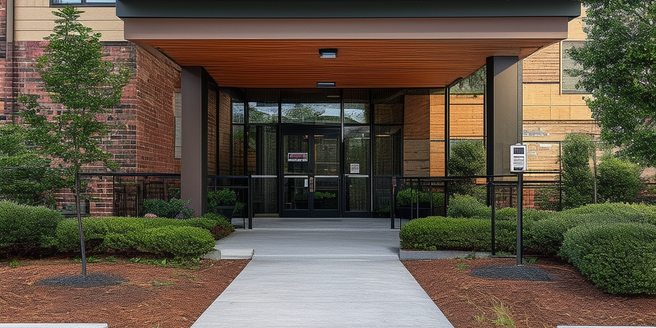Understanding Housing and Economic Inequality
The increasing disparity between socio-economic classes can largely be attributed to the state of housing, which places wealthier individuals in neighborhoods with better amenities and opportunities. This confirms their economic status and enhances their wealth accumulation. Conversely, those in lower socio-economic brackets live in areas with limited resources, facilities, and opportunities, pushing them into a relentless cycle of poverty and limiting their economic mobility. High-income groups not only benefit from enhanced surroundings but also have access to better education facilities, health services, and professional opportunities. This fosters income inequality and perpetuates the socio-economic gap. Lower-income individuals often find themselves in a poverty cycle due to poor resources, culminating in a vicious circle of restricted economic growth and upward mobility. Given housing’s significant influence on an individual’s economic trajectory, addressing it is crucial for achieving income equality and economic mobility.
The Social Impacts Of Affordable Housing Crisis
The lack of affordable housing results in severe repercussions throughout the community, causing an increase in homelessness and a cycle that’s hard to break. The resulting escalation in eviction rates and poverty marks a decay in neighborhoods. Persistent stress and financial strain, resulting from the continuous search for stable, safe and affordable housing, leads to physical and mental health issues, affecting adults and children alike. The uncertain living conditions can significantly impede children’s mental, emotional and academic development. Therefore, the affordable housing crisis, which extends beyond personal level, is a large-scale social issue demanding immediate attention for the wellbeing of individuals and the community.
Benefits Of Affordable Housing: A Community Perspective
Affordable housing is essential for creating balanced communities, promoting social equality, and maintaining stability. It provides economically accessible homes for low to middle-income families and reduces socioeconomic disparities, contributing to happier communities. It also drives economic growth by creating jobs and fueling revenue generation for local governments. Additionally, affordable housing mitigates homelessness, lessens the load on social services, and enables individuals to contribute more effectively to their communities. Therefore, it’s an invaluable resource that transcends beyond just a place to live, instead promoting stability, fueling economic progress, and preventing homelessness.
The Role Of Government In Providing Affordable Housing
Government involvement is crucial in providing affordable housing, ensuring accessibility and reasonable prices through strategic policies, funding allocation, and impactful partnerships with private sectors. Such partnerships mutually enhance the government’s aim to provide adequate housing while offering investment opportunities to the private businesses. Apart from encouraging investments and aiding in affordable housing creation, an important responsibility of governmental entities is to protect inhabitants of these homes from any discrimination, ensuring equal opportunity and fairness for all potential residents. This is crucial in making housing solutions not just accessible but inclusive.
Effective Strategies To Enhance Affordable Housing Availability
Affordable housing, a critical community infrastructure, can benefit greatly from strategic improvement methods such as systematic zoning reforms that adjust existing housing affordability requirements, zoning standards, and construction rules. Other effective approaches include implementing tax credits and subsidies to reduce construction costs, incentivising developers to build more low-cost units, and encouraging the formation of public-private partnerships which combine capital efficiency of the private sector with government oversight. Prioritizing renovations of existing structures can also meet low-cost housing demand, preserving community history and providing cost-effective living spaces by converting these structures into affordable units. Hence, these methods are instrumental in enhancing affordable housing.
Real Stories: How Affordable Housing Transforms Lives
Affordable housing has been a game-changer for many around the globe, providing security, stability, and a sense of belonging to struggling families. It has enabled the elderly community to maintain their independence and dignity, underscoring the immeasurable benefits of affordable housing. Serving as a vital stepping stone to economic independence, affordable housing lays the foundation for broader economic opportunities like better employment and education, lightening the financial burden of housing. Furthermore, these schemes contribute significantly to enhanced quality of life, reducing stress and improving mental health by offering stability. Thus, affordable housing, with its profound impacts on stability, security, elderly independence, economic progression, and improved quality of life, is not merely a shelter but a substantial catalyst for social and individual growth.



